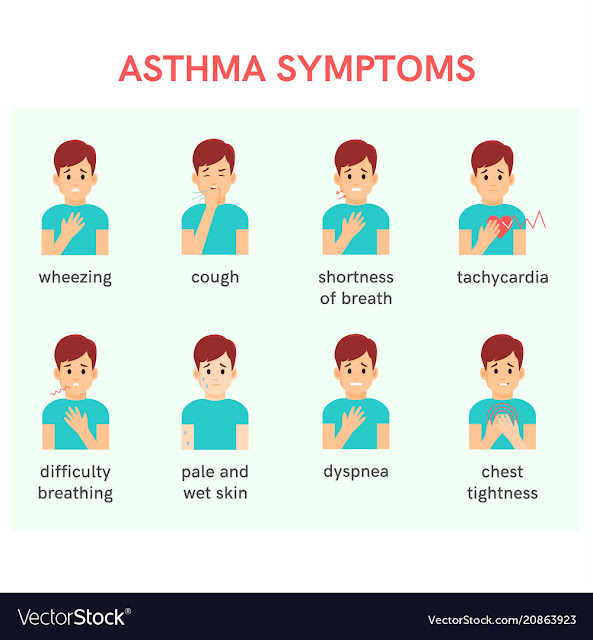Natural ways to boost immunity in children

I t is natural for parents to protect their children from any harm, including the endless array of germs they are exposed to every day. As children grow up, they are continuously exposed to various germs, especially in places such as daycare centres and preschool. Children with low immunity are highly susceptible to various types of infections. The high incidence of infections has led to an increased and inappropriate use of antibiotics, which has further resulted in antimicrobial resistance . Antimicrobial resistance, a widespread problem, takes places when microbes build resistance against the medications intended to kill them due to overuse. It is one of the world's most pressing public health problems. The best way to tackle this is to build a strong immunity, which naturally protects your child from infections. Dr. Rajesh Kumawat, Head - Medical Services & Clinical Development, The Himalaya Drug Company, shares a few tips that can help boost your child's i...



